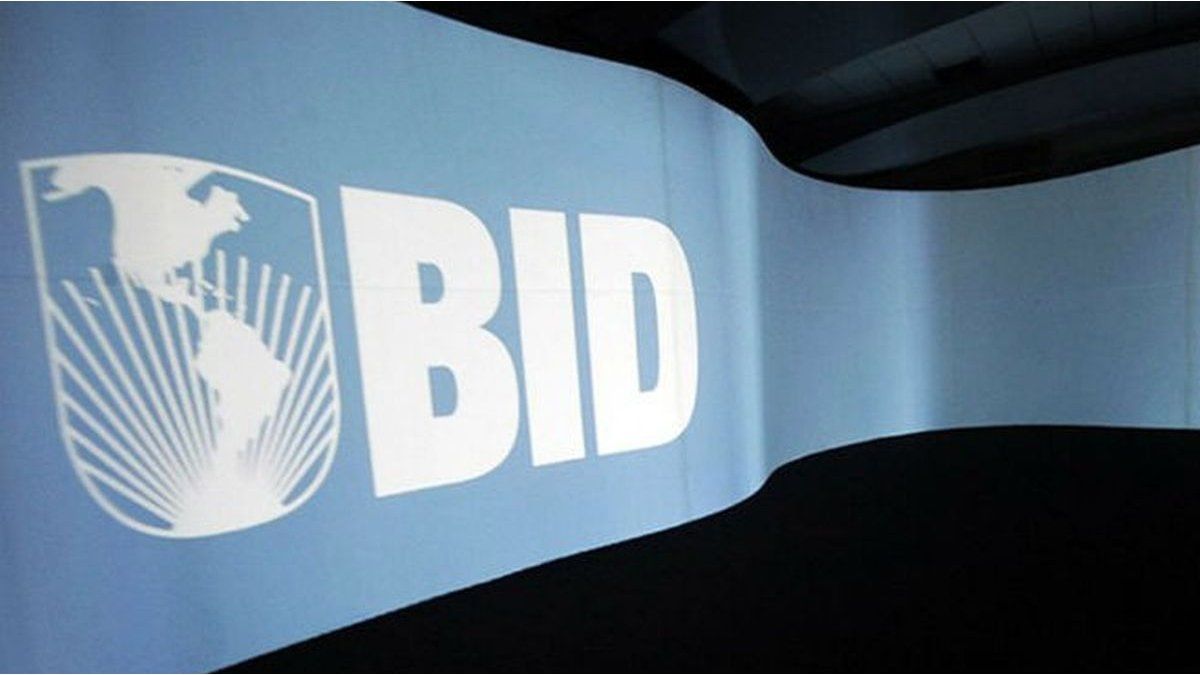“Every kilowatt-hour counts,” German Economy Minister Robert Habeck said on Wednesday, declaring an “early warning” about a possible gas supply emergency.
The Paris-based International Energy Agency (IEA) said that when large-scale, small changes in behavior can significantly reduce demand for oil and gas.
He calculates that lowering the thermostats in European Union buildings by 2 degrees Celsius would save 20 billion cubic meters of gas, which is equivalent to about $28 billion at current prices.
This represents 13% of the 155,000 million cubic meters that the 27 countries buy each year from Russia, which in turn represents 40% of the total gas consumption of the EU.
Netherlands followed Germany on Wednesday by saying it would launch a campaign this weekend asking citizens and businesses to use less gas, while the French regulator called on citizens to collectively try to reduce their consumption.
Simone Tagliapietra, a member of the Bruegel think tank, said governments should have urged citizens to reduce energy consumption months ago to help manage the supply crisis, but politicians resisted because that message “smells of austerity”.
“Each billion cubic meters of gas that we do not consume is important. That gas is very expensive, and we have to start filling the deposits for next winter,” he said.
Choice
Instead of asking consumers to reduce their energy use, governments have so far mostly sought ways to limit utility bills and find alternative sources of fuel.
Sweden, France, Italy, Germany and the United Kingdom also announced this month measures to make gasoline cheaper after crude hit its highest price since 2008, drawing criticism from activists who say the measures are subsidies to fossil fuels.
But since Russia invaded Ukraine last month, Brussels has aimed to cut Russian gas imports from the EU by two-thirds this year and end its use by 2027.
Cutting demand could reduce the impact of any supply crisis if Russia cuts exports, which has become a bigger concern since Moscow said last week that countries should start paying for gas in rubles.
The EU’s detailed plan to phase out Russian fossil fuels is due in May, but a blueprint published this month showed that Brussels would boost imports of non-Russian gas, expand renewables faster, swap millions of gas boilers for heat pumps, and renovate buildings to use less energy.
However, these solutions will take time, and the European Comission he has already suggested that consumers could help reduce demand immediately.
“Their decisions about the amount of energy they consume decide the strength of our reaction to Russia,” said the head of EU climate policy, Frans Timmermans.
The temporary reduction in demand would also help countries stockpile gas for the coming winter and provide a buffer while ensuring long-lasting options to substitute Russian fuel, such as building wind and solar farms, renovating buildings or obtaining more non-Russian gas.
Source: Ambito
David William is a talented author who has made a name for himself in the world of writing. He is a professional author who writes on a wide range of topics, from general interest to opinion news. David is currently working as a writer at 24 hours worlds where he brings his unique perspective and in-depth research to his articles, making them both informative and engaging.




